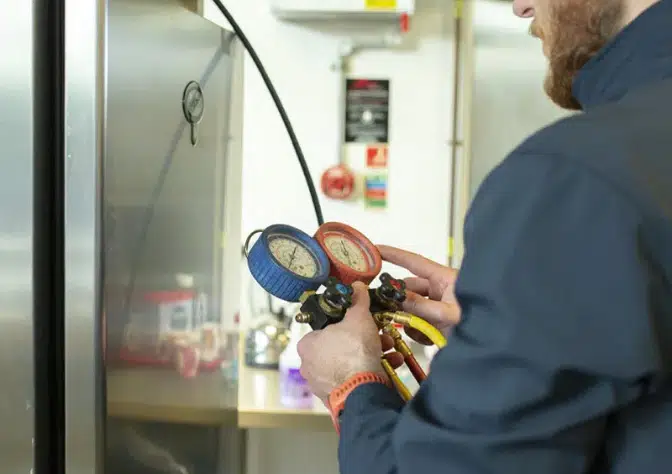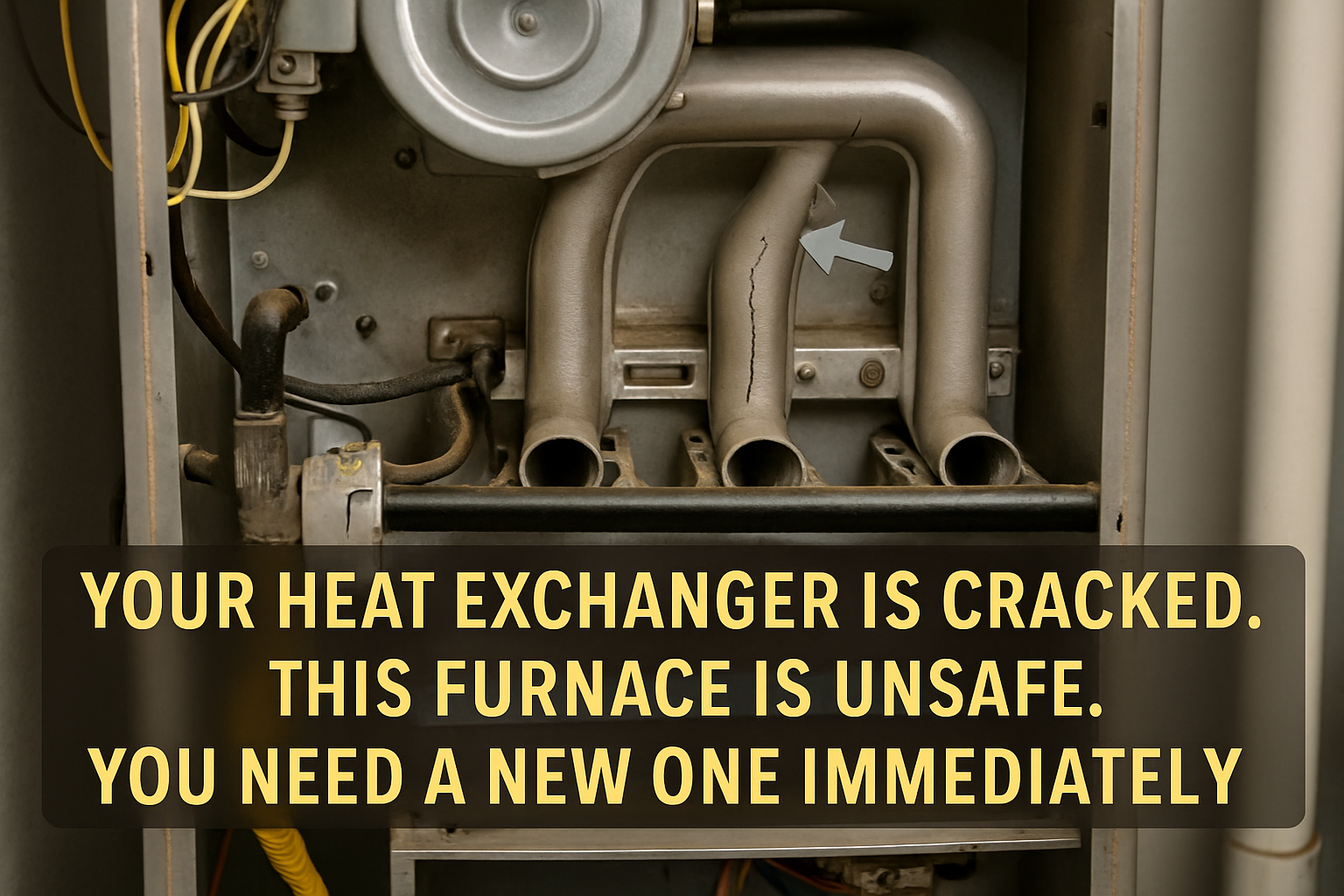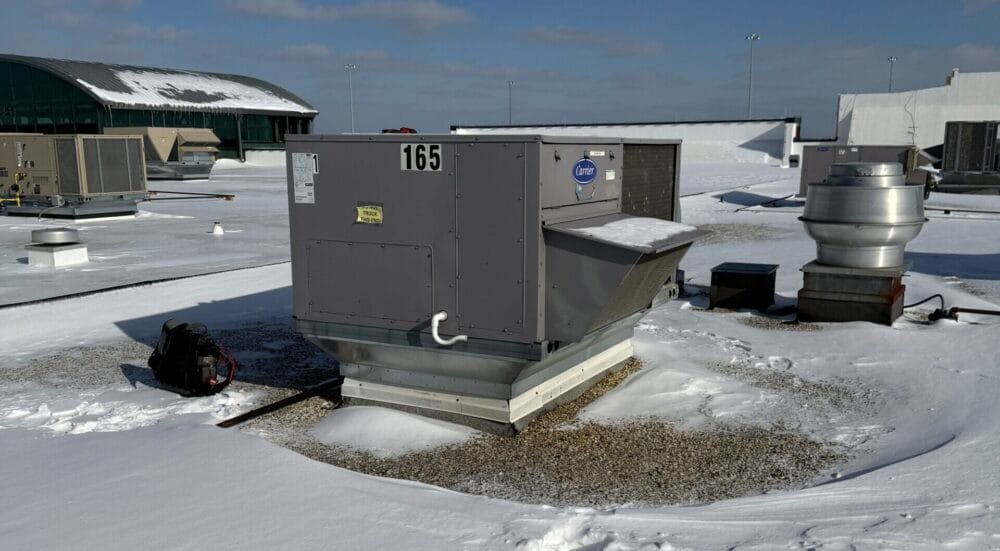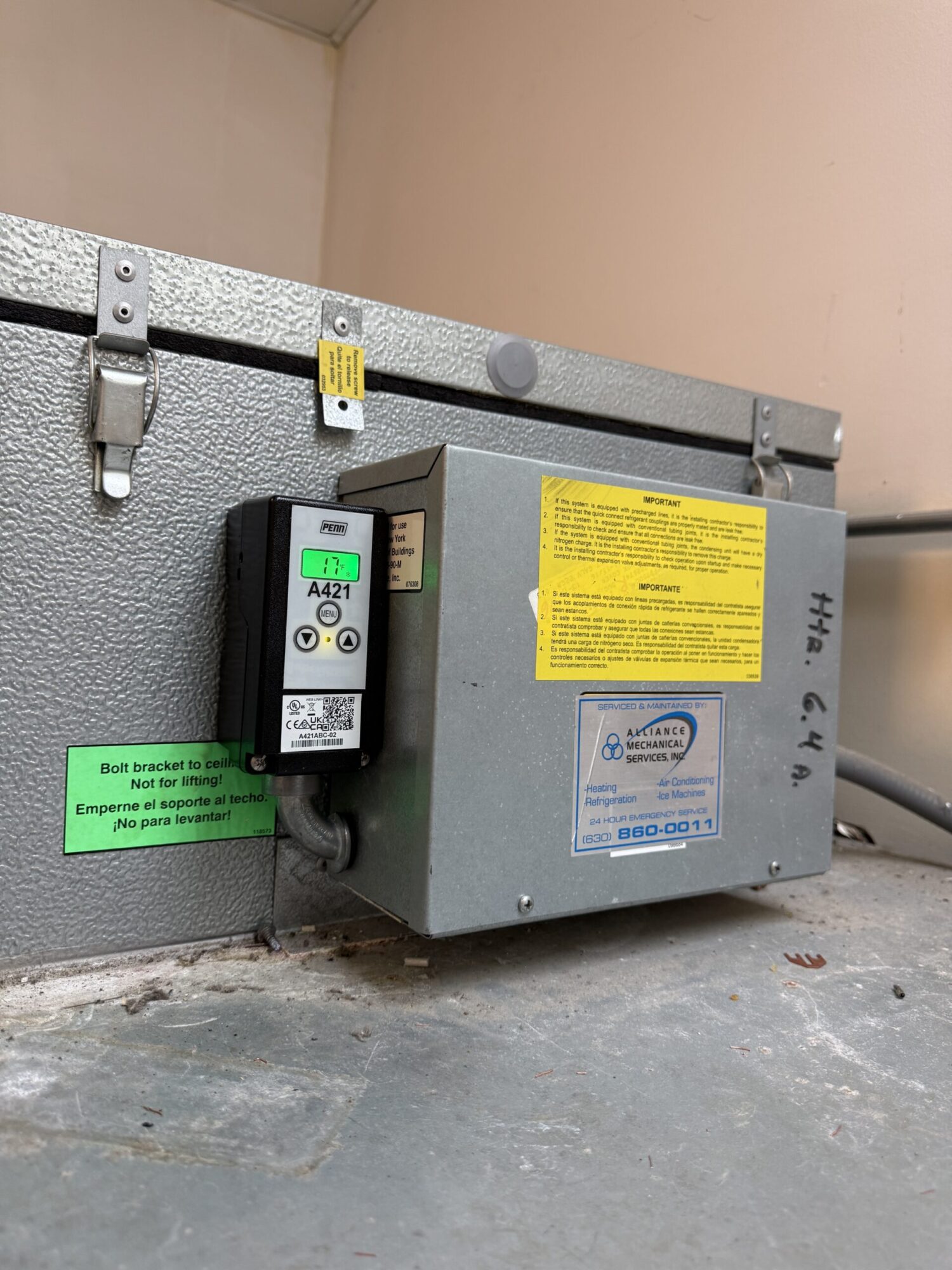Commercial refrigeration units are the backbone of industries such as food service, retail, and healthcare. Proper maintenance ensures these units operate efficiently, extend their lifespan, and avoid costly breakdowns. But how often should commercial refrigeration units be serviced? This article will provide a comprehensive guide on commercial refrigeration maintenance schedules, preventative maintenance for refrigeration units, and the benefits of regular refrigeration servicing.
We’ll also highlight signs refrigeration units need servicing, share maintenance tips for commercial refrigerators, and discuss why regular servicing is crucial to optimize refrigeration unit performance.

Importance of Regular Fridge Servicing
Regular servicing of commercial refrigeration units is essential for maintaining their efficiency and reliability. These units operate continuously, making them prone to wear and tear. Neglecting maintenance can lead to increased energy consumption, equipment failures, and health risks due to spoiled products.
To understand more about the importance of energy efficiency in refrigeration, visit our article on understanding energy efficiency in commercial refrigeration.
Recommended Commercial Refrigeration Maintenance Schedule
General Guidelines for Servicing
The frequency of servicing depends on the type and usage of the refrigeration unit. A general rule of thumb is to have a professional service your units at least twice a year. However, high-usage units or those in challenging environments may require quarterly servicing.
Key Maintenance Milestones:
- Monthly: Basic cleaning and inspections by staff.
- Quarterly: Professional servicing for high-use units.
- Semi-Annual: Comprehensive professional maintenance.
For detailed advice on maintenance schedules, check out our guide on commercial refrigeration maintenance.
Factors Influencing Service Frequency
- Usage Intensity: Units operating 24/7 in busy settings require more frequent servicing.
- Environment: Dusty or humid environments can accelerate wear and tear.
- Type of Unit: Walk-in coolers may have different needs compared to display refrigerators.
Learn more about specialized care for walk-in units on our page – walk-in cooler repair.
1. Enhanced Energy Efficiency
Regular servicing ensures that components like coils, fans, and compressors are clean and functioning optimally. This reduces energy consumption and lowers utility bills. Clean systems also run cooler and more effectively, preventing overheating that could lead to premature failures or higher repair costs.
2. Increased Equipment Lifespan
Preventative maintenance for refrigeration units reduces strain on components, preventing premature failures and extending the lifespan of your equipment. When all parts operate smoothly, they require less energy to function, and regular inspections ensure that minor wear and tear doesn’t escalate into expensive problems.
3. Improved Food Safety
Consistent servicing minimizes the risk of temperature fluctuations that can lead to spoiled products, ensuring compliance with health and safety standards. This is particularly critical for businesses handling perishable goods, as food safety directly impacts customer satisfaction and regulatory compliance.
4. Reduced Downtime
Identifying and addressing issues early helps avoid unexpected breakdowns, keeping your business operations smooth and uninterrupted. Downtime caused by refrigeration failures can lead to significant financial losses, especially in industries such as foodservice and healthcare. With regular servicing, your equipment is always ready to meet operational demands.
5. Compliance with Energy Regulations
As energy efficiency standards become more stringent, regular maintenance helps businesses stay compliant with environmental regulations. Efficiently running units produce fewer emissions and are less likely to incur penalties related to excessive energy consumption. By optimizing performance, businesses can also leverage tax credits or incentives designed for energy-efficient practices.
Explore additional savings from preventative maintenance in our article on commercial refrigerator maintenance savings.
Signs Refrigeration Units Need Servicing
Recognizing early signs of issues can prevent costly repairs and downtime. Here are common indicators that your unit requires servicing:
- Unusual Noises: Loud or strange sounds from compressors or fans.
- Inconsistent Temperatures: Difficulty maintaining set temperatures.
- Frost Buildup: Excessive frost on coils or in compartments.
- Higher Energy Bills: Sudden spikes in electricity costs.
- Leaks or Puddles: Water leaks around the unit.
For more details, read our guide on the top signs your refrigerator needs servicing.
Maintenance Tips for Commercial Refrigerators
1. Clean Coils Regularly
Dirty coils can reduce heat exchange efficiency, forcing the unit to work harder. Clean condenser and evaporator coils every three months.
2. Check Door Seals
Inspect and clean gaskets to ensure a proper seal. Replace damaged seals promptly to prevent air leaks.
3. Monitor Temperature Settings
Ensure the unit consistently maintains the desired temperature. Fluctuations may indicate a malfunction.
4. Inspect Drain Lines
Clogged drain lines can lead to water leaks and mold growth. Flush them regularly with warm water.
5. Keep the Unit Clean
Wipe down interior and exterior surfaces to prevent dirt and bacteria buildup. Use non-abrasive cleaners to avoid damaging components.
Our article on common issues with commercial refrigerators provides additional troubleshooting tips.
Professional vs. In-House Maintenance
While in-house maintenance covers basic tasks, professional servicing provides a deeper inspection and diagnosis. Technicians use advanced tools to identify potential problems and ensure all components are in optimal condition.
Advantages of Professional Maintenance:
- Comprehensive diagnostics.
- Early detection of wear and tear.
- Expertise in complex repairs and component replacement.
For reliable professional services, explore our commercial refrigeration repair services.
Optimize Refrigeration Unit Performance
To keep your refrigeration units performing at their best, follow these tips:
- Schedule Regular Maintenance: Stick to a maintenance schedule tailored to your unit’s needs.
- Use Quality Replacement Parts: Invest in durable, compatible parts for repairs.
- Train Staff: Educate your team on basic cleaning and troubleshooting techniques.
- Monitor Energy Usage: Use smart systems to track performance and energy consumption.
Conclusion
Regular servicing of commercial refrigeration units is essential to ensure efficiency, safety, and longevity. By adhering to a consistent commercial refrigeration maintenance schedule, performing preventative maintenance for refrigeration units, and addressing issues early, businesses can save on costs and prevent disruptions.
For more tips and expert advice, explore our resources on commercial refrigeration maintenance and understanding energy efficiency. Keep your units in top shape and enjoy the benefits of optimized performance and reliability.
How often should commercial refrigeration units be serviced?
Commercial refrigeration units should generally be serviced at least twice a year by a professional, with high-use units or those in challenging environments potentially requiring quarterly maintenance.
Why is regular maintenance of commercial refrigeration units important?
Regular maintenance is crucial to keep the units operating efficiently, prolong their lifespan, reduce energy consumption, and prevent costly breakdowns or health risks due to spoiled products.
What are some signs that a refrigeration unit needs servicing?
Signs include unusual noises, inconsistent temperatures, frost buildup, higher energy bills, and leaks or puddles around the unit.
What are some key maintenance tips for commercial refrigerators?
Key tips include cleaning coils regularly, checking door seals, monitoring temperature settings, inspecting drain lines, and keeping the unit clean to prevent dirt and bacteria buildup.
What are the benefits of professional maintenance over in-house maintenance?
Professional maintenance offers comprehensive diagnostics, early detection of wear and tear, and expert repairs, ensuring all components are in optimal condition for reliable operation.



